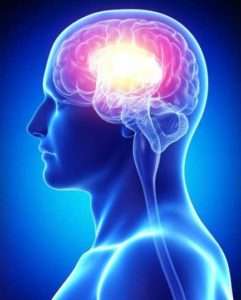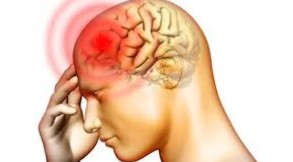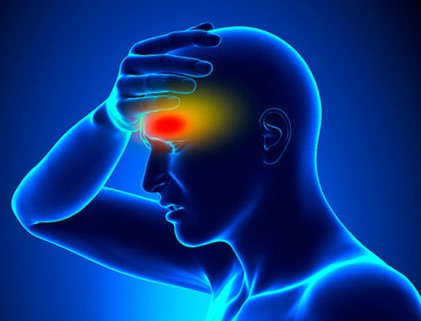Brain Tumour
A brain tumour is a collection or mass an abnormal growth of cells in the brain that multiplies. Brain tumours can occur at any age. Any growth inside such a restricted space can cause problems. Brain tumours can be either malignant (contain cancer cells) or benign (do not contain cancer cells). Any abnormal growth can cause the pressure inside your skull to increase. This can cause brain damage, and it can be life-threatening. The cause of most brain tumours is unknown.
Brain tumours can be categorized as primary or secondary. A primary brain tumour originates in your brain. A secondary brain tumour, also known as a metastatic brain tumour, occurs when cancer cells spread to your brain from another organ, such as your lung or breast or other parts.
Types of brain tumours:
- Malignant or cancerous tumours
- Benign tumours
Types of Cancerous tumours:
- Primary- Originates in brain
- Secondary- Cancer cells spread to your brain from another organ
Primary brain tumours originate in your brain. They can develop from your:
- Brain cells
- Nerve cells
- Membranes that surround your brain- meninges
- Glands
Primary tumours can be benign or cancerous. In adults, the most common types of brain tumours are Gliomas and Meningiomas.
Secondary brain tumours make up the majority of brain cancers. They start in one part of the body and spread, or metastasize, to the brain. The following can metastasize to the brain:
- Breast cancer
- Lung cancer
- Kidney cancer
- Colon cancer
- Skin cancer etc.
Secondary brain tumours are always malignant. Benign tumours don’t spread from one part of your body to another.
Signs and Symptoms:
- Headaches
- Vomiting
- Confusion
- Seizures (especially in adults)
- Blurred vision or double vision
- Weakness of a limb or part of the face
- Change in mental functioning
Other common symptoms include:
- Loss of balance
- Loss of bladder or bowel control
- Changes in mood, personality, emotions, and behaviour
- Memory loss
- Difficulty walking
- Difficulty writing or reading
- Changes in the ability to hear, taste, or smell
- Decreased alertness, which may include drowsiness and loss of consciousness
- Dizziness
- Eye problems, such as drooping eyelids and unequal pupils
- Uncontrollable movements
- Hand tremors
- Numbness or tingling on one side of the body
- Trouble speaking or understanding what others are saying etc.
Diagnosis:
- Neurological exam: A neurological exam may include, among other things, checking your vision, hearing, balance, coordination, strength and reflexes. Difficulty in one or more areas may provide clues about the part of your brain that could be affected by a brain tumour.
- Imaging tests: Magnetic resonance imaging (MRI), Computerized tomography (CT), Positron emission tomography (PET).
- Angiography
- Collecting and testing a sample of abnormal tissue (biopsy)
Risk factors:
- Family history
- Age
- Chemical exposure- Vinyl chloride
- Epstein–Barr virus
- Exposure to radiation
- No history of chickenpox- According to the American Brain Tumour Association, people with a history of childhood chicken pox have a decreased risk of getting brain tumours.
Treatment:
If you notice above mesons sign or symptoms don’t neglect it consult to your doctor & get proper treatment after a proper check-up. These various types of treatment are available depending on neoplasm type, size, location & general health, the treatments options are:
- Surgery: complete or partial resection of a tumour with the objective of removing as many tumour cells as possible.
- Radiotherapy: the most commonly used treatment for brain tumours; a tumour is irradiated with beta, x rays or gamma rays.
- Radiosurgery
- Chemotherapy: Chemotherapy uses drugs to kill tumour cells, however, it is not always used to treat brain tumours as the blood-brain barrier can prevent some drugs from reaching the cancerous cells. A variety of experimental therapies are available through clinical trials.
- Targeted drug therapy
Survival rates in primary brain tumours depend on the type of a tumour, age, functional status of the patient, the extent of surgical tumour removal and other factors specific to each case





0 Comments